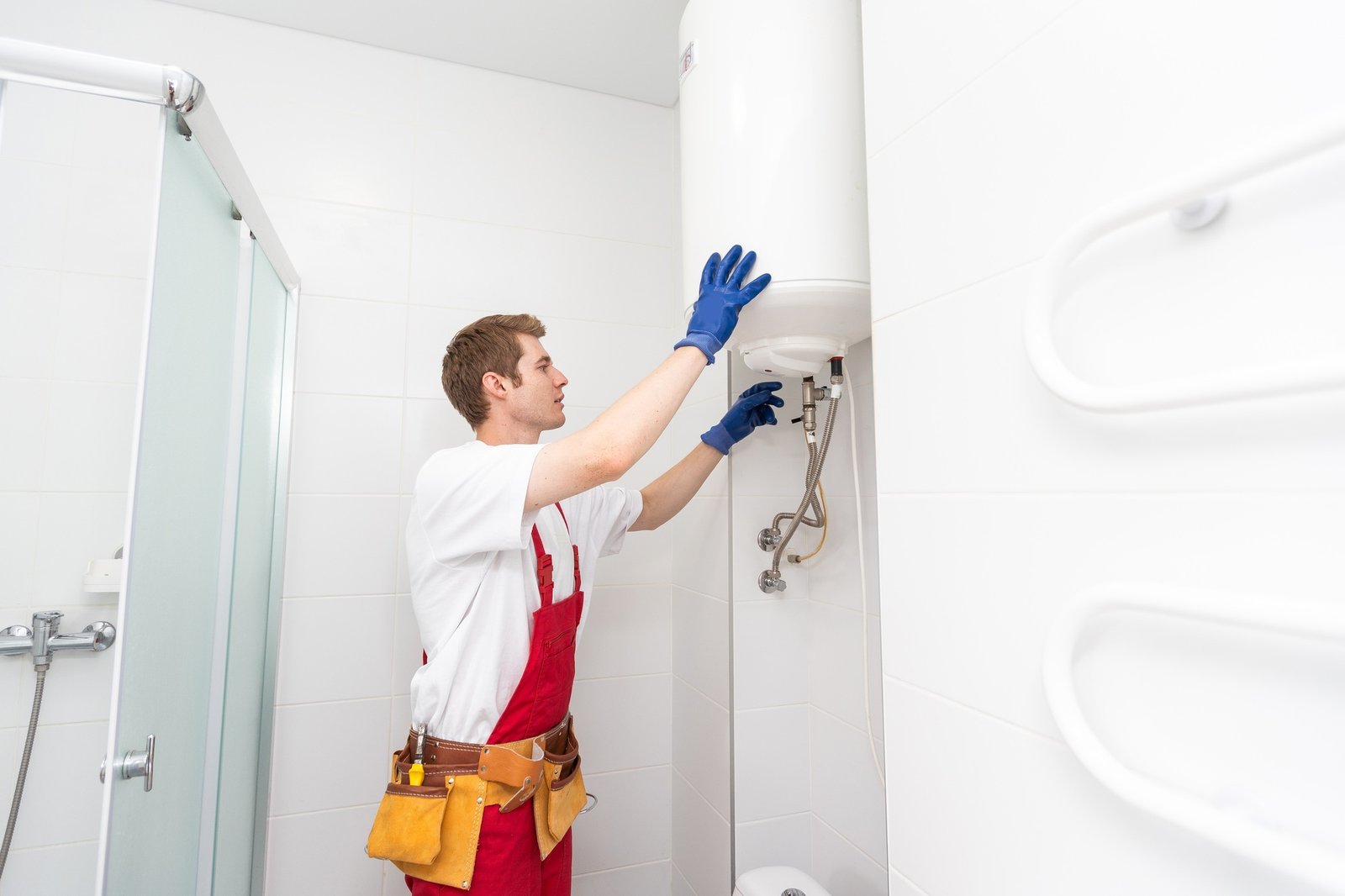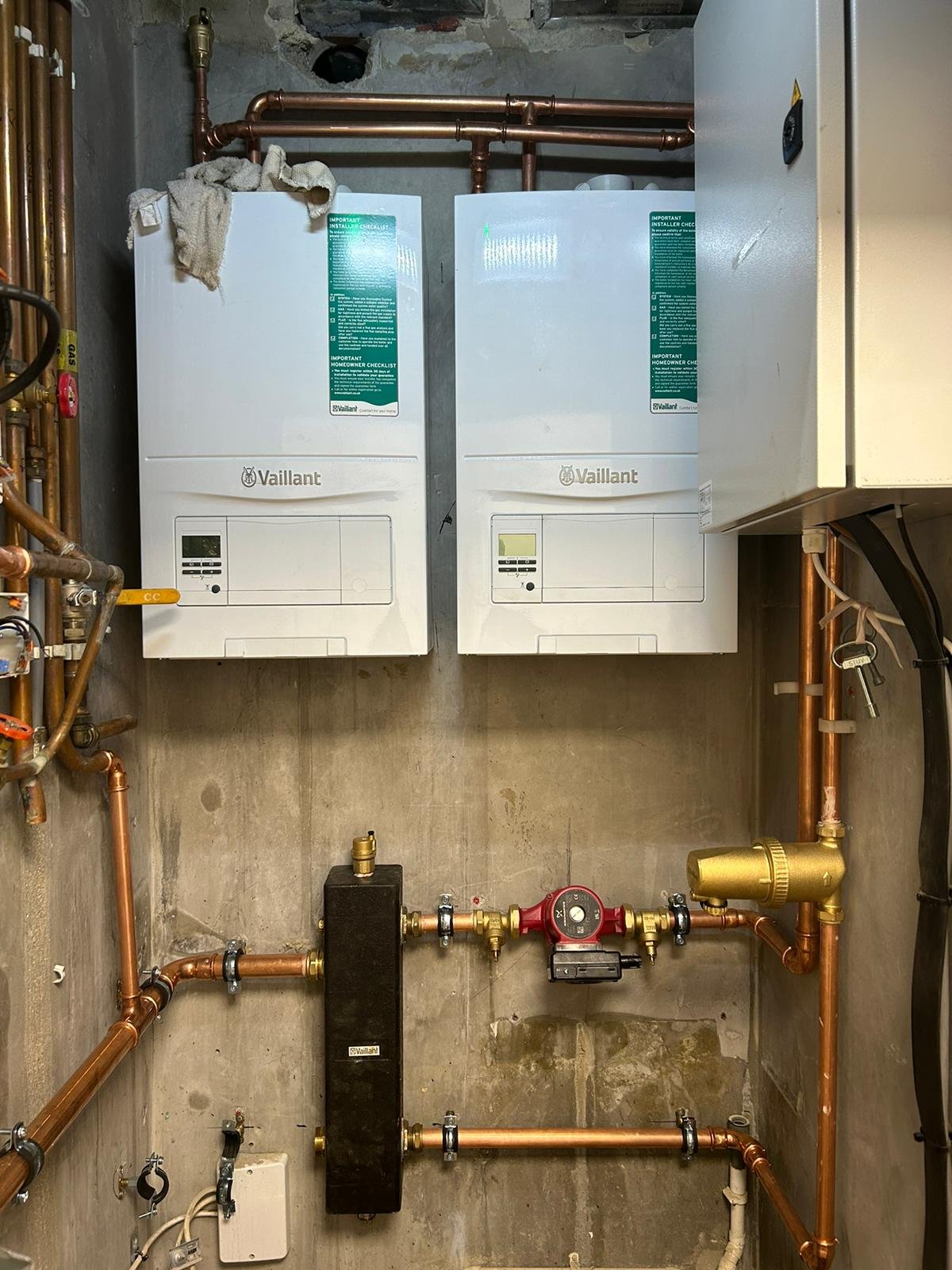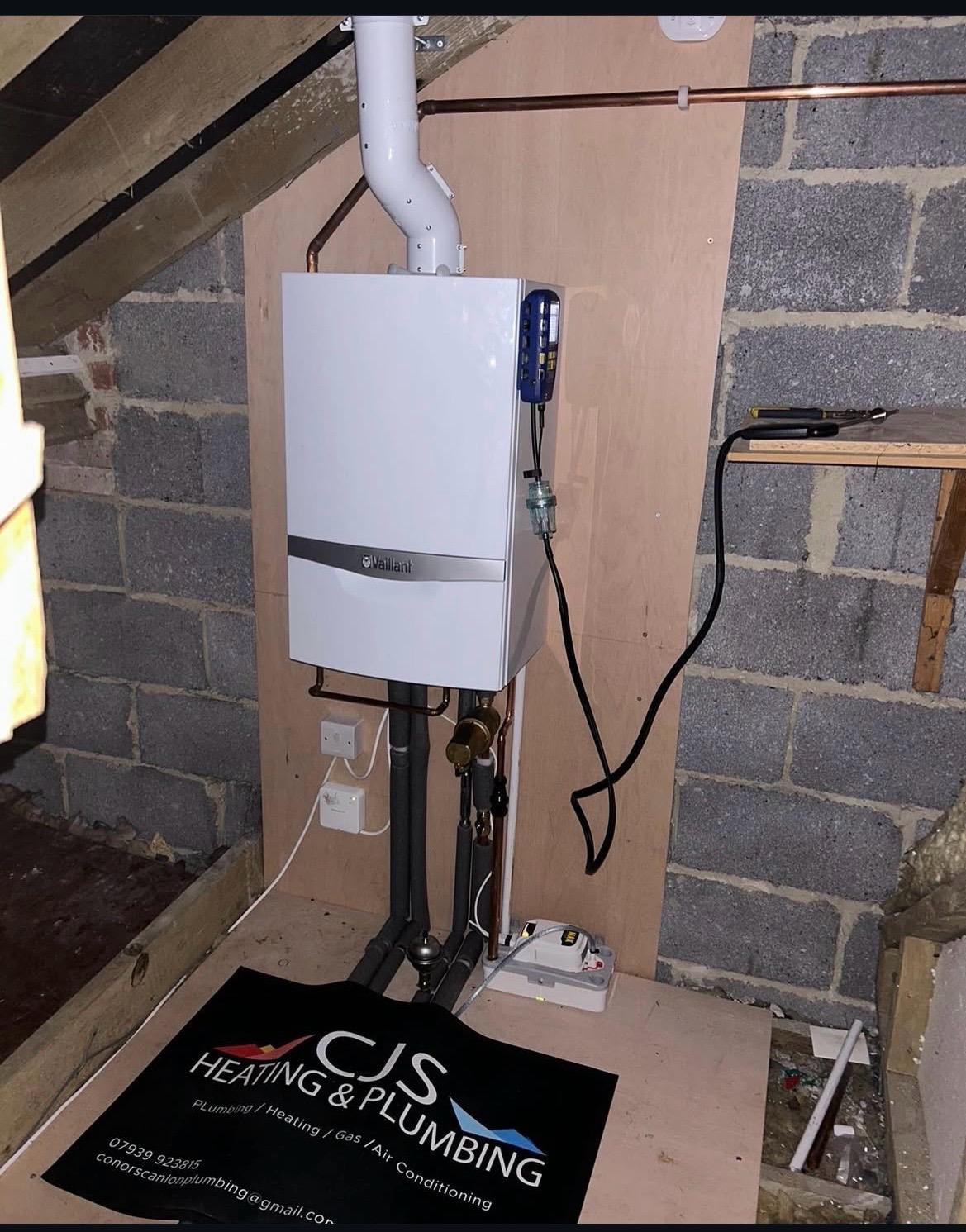When water is gushing from your ceiling or the boiler breaks down in the middle of winter, you don’t have time to consider how it’s going to be repaired. You just want it fixed. That’s when realising there are experienced plumbers in Ascot with the right tools and expertise makes all the difference.
Emergency plumbers don’t simply pop up with a spanner and a grin. They come equipped. Their van is essentially a travelling workshop, full of specialist tools, replacement components, and equipment to pinpoint faults swiftly. And in addition to the tools, they employ proven methods of getting the job done efficiently, keeping your home safe and dry.
Let’s dissect it. What exactly do emergency plumbers bring to the table when they arrive at your doorstep?
The Everyday Tools You’d Expect
Some tools are classics. The kind you’d find in any plumber’s kit bag:
- Wrenches of every size
- Pipe cutters
- Plungers
- Sealants and tapes
These may seem simple, but when in the right hands, they’re lifesavers. An example of this is a pipe wrench. This is a mere weapon that will apprehend a leak before it turns into a flood. The secret is not possessing the tool, but knowing how and when to make use of it. That’s where skilled plumbers in Ascot excel.
Power Tools That Quickened the Job
Emergencies aren’t waiting around, and neither are repairs. That’s why so many plumbers take power tools to work more efficiently and quickly. Consider cordless drills, inspection cameras, and even little power saws to cut through broken sections of pipe.
Having these on hand means they don’t spend hours fiddling around. They can go right to the issue, repair it, and be done with it, so your home is back to normal faster.
Drain Cameras for Hidden Issues
One of the smartest tools in the kit is the drain inspection camera. If you’ve got a blocked pipe, digging up your garden or ripping out tiles isn’t exactly ideal. With a camera, plumbers can snake a small device into the pipe and see exactly what’s causing the blockage.
Is it a grease clog? Roots from the tree? A broken portion of the pipe? Having a clue about what they’re facing allows them to devise the optimal repair without undue fuss. This is where contemporary plumbing truly excels.
Jetting Machines for Clogged Fixtures
Occasionally, a plunger just isn’t enough. For more severe clogs, plumbers employ high-pressure water jetting devices. These shoot water through pipes at high velocity, dislodging grease, dirt, and even miniature roots. It’s strong, efficient, and much better than poking around at the obstruction.
For homeowners, it is safer than experimenting with DIY chemicals that can degrade pipes over time. Professional tools like this reach the root of the problem.
Leak Detection Equipment
Not all leaks are readily apparent. Other times, you may hear drips but be unable to locate where they are coming from. That is when plumbers introduce leak detection equipment. These may be acoustic sensors that “listen” for water or moisture meters, which detect moist spots behind walls.
Without technology of this sort, leaks may remain undetected for weeks and cause mould, rot, and expensive repairs. Emergency plumbers employ these pieces of equipment to avert problems before they get out of hand.
Boiler Testing Equipment
In Ascot homes, boilers are the focal point of convenience. But when they break down, it’s an actual emergency, particularly during cold weather. This is the reason why plumbers have special boiler-testing apparatus.
Gas analysers, pressure gauges, and electrical testers assist them in diagnosing very quickly what has gone wrong. They do not rely on speculation and instead rely on actual data to identify the issue and restore your heating and hot water to its safe state.
Techniques That Make a Difference
Tools are only half the story. It’s how plumbers use them that really matters. Here are a few techniques you’ll often see:
- Isolation and containment – Plumbers turn off water or gas safely before repairing anything. This prevents the situation from becoming worse as they work.
- Temporary repairs – If a complete repair cannot be done at once, they’ll seal the problem temporarily to give you time. An example is sealing a leak until a new part is received.
- Problem-solving under stress – Emergencies do not always play by the book. Skilled plumbers improvise, coming up with clever solutions to fix issues without causing further damage.
That combination of ability and creativity is what makes a seasoned plumber different from someone merely executing steps.
Why It Matters to You
It makes you comfortable to have knowledge of the equipment and methods used by the emergency plumbers. By calling the phone in desperation, you want to know that the one coming in is prepared to do the job properly.
It’s not necessarily about quickness. It’s about precision, safety, and durable fixes. That’s what you’re guaranteed with trained personnel. That’s why it’s worth selecting carefully.

CJS Heating and Plumbing: Always Ready
We have ensured at CJS Heating and Plumbing that we have invested in the tools, training and people necessary to deal with any type of plumbing emergency. We have equipped our vans with state-of-the-art equipment, such as drain cameras or high-pressure jetters. And our team is trained to make use of them, not to fix some quick problems, but to find some solutions that are here to stay.
We understand that plumbing issues can be a stressful experience, and we made our business to simplify it by making it easy. It could be a burst pipe, broken boiler, unexplained leak, whatever it is, it does not matter to us; we just need to react quickly, find solutions to the problem, and leave your house safe and clean.
So when you have a plumbing disaster, do not worry who to call. Add CJS Heating and Plumbing to your list. We will carry the right tools and the right techniques, as well as experience, to put things in order.
FAQs
1. What tools are used by plumbers?
Plumbers apply a variety of tools based on the task. Some of the most common are pipe wrenches, plungers, spanners, inspection cameras, and drain snakes. These assist with everything from tightening joints to clearing obstructions and detecting concealed leaks.
2. What kind of equipment is employed within the plumbing trade?
The plumbing profession relies on the use of hand tools and advanced technology. The simplest tools are a wrench, cutters, and plungers, and the more advanced tools are a hydro-jetting machine, thermal leak detector, and CCTV drain camera.
3. What is the most widespread plumbing tool?
The pipe wrench is commonly considered the most popular plumbing tool. It is required to hold, twist and tighten pipes. Many plumbers also insist on having the plunger because the most common plumbing issues they solve are clogged toilets and drains.
4. What is used to cut pipes by plumbers?
Plumbers normally cut pipes with hacksaws or pipe cutters. The pipe cutter provides cleaner, straighter cuts overall (especially when in plastic or copper pipes), whereas a hacksaw may be used when the space is limited or when the material being cut is harder.
Conclusion
Plumbing disasters are also dirty, stressful and are likely to happen at the most inconvenient time. They do not necessarily have to be a nightmare with the appropriate resources and expertise. There are cameras that peep into the pipes and jets of high-pressure water that carry away the clogs, and today, plumbers are more prepared than ever to take on anything.
And when you need an emergency plumber in Ascot, you need a plumber who can do everything. That comes with a hand that is good, a reliable piece of equipment and a calm head when things get hot. That is what can make the difference between a quick and professional emergency and a protracted and painful debacle.
Next time trouble knocks, remember the following: the right people with the right equipment can save you a lot of stress.





